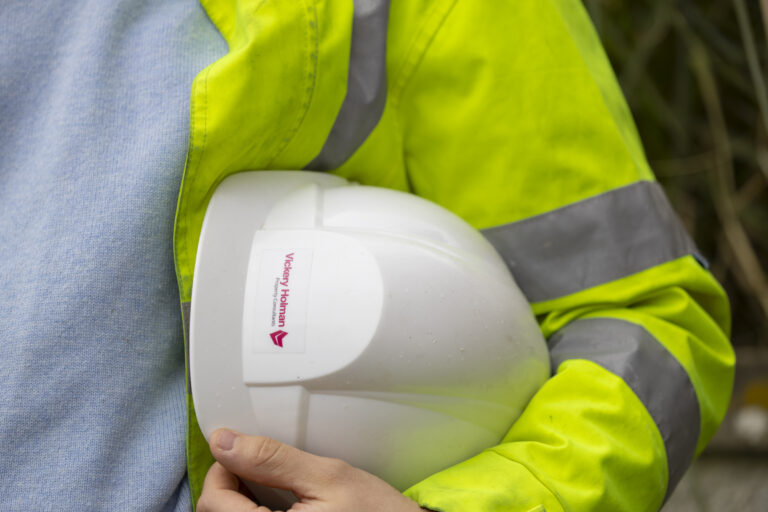Inheritance Tax Property Valuations
Why are properties required to be valued for Inheritance Tax Purposes?
Inheritance Tax (IHT) is a tax levied on the transfer of assets upon death of an individual. Property, often being the most significant asset, plays a crucial role in IHT calculations. The primary reason properties are valued for Inheritance Tax is to ensure the tax is calculated fairly and accurately. The Inheritance Tax is typically charged on the value of the deceased’s estate that exceeds the certain threshold, known as the ‘nil rate band’, which currently stands at £325,000 per person in the UK.
Our role in providing a IHT valuation
Once instructed, we will undertake a comprehensive inspection of the property, both internally and externally to evaluate the condition of the property. We will measure the property and take photographs of the property’s interior and exterior. We then conduct our market research and analysis, obtaining sales comparables to benchmark them against the subject property, and help to determine our opinion of Market Value. For a valuer, the key difference in providing a IHT valuation is that the Date of Valuation is the date of death.
We have recently carried out a valuation of a portfolio of properties across Devon for Inheritance Tax purposes. These properties included prominent industrial buildings in Exeter and Torquay, which were occupied under commercial leases to several national businesses. As the properties were tenanted, we adopted the investment method of valuation, where we apply an appropriate yield to the income.
If you need more information about property valuations for inheritance tax, please contact our Valuations team.




